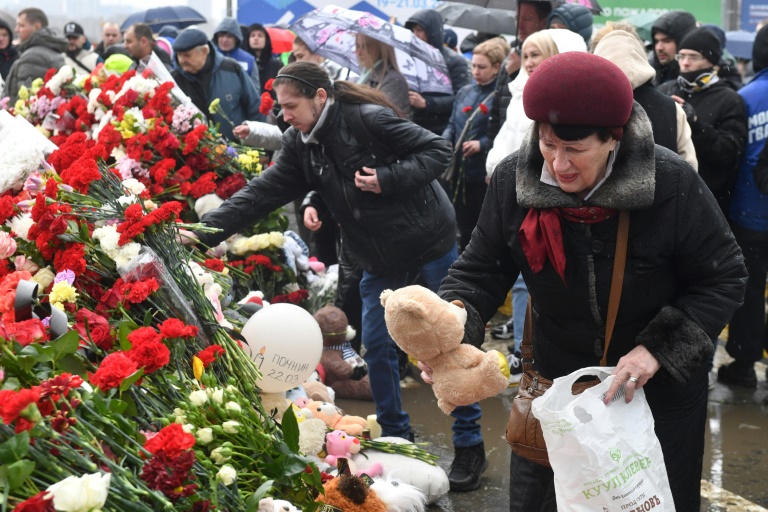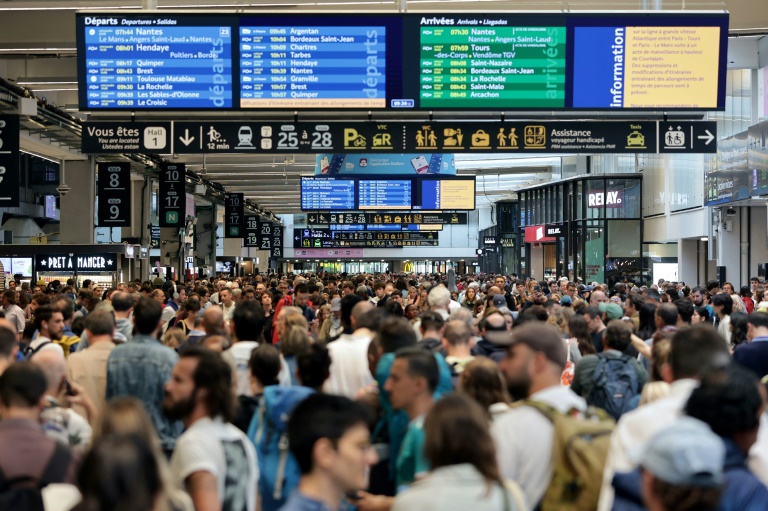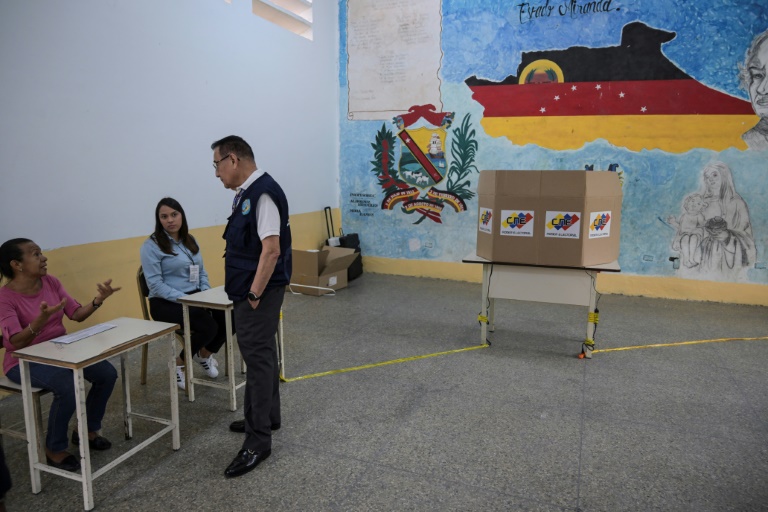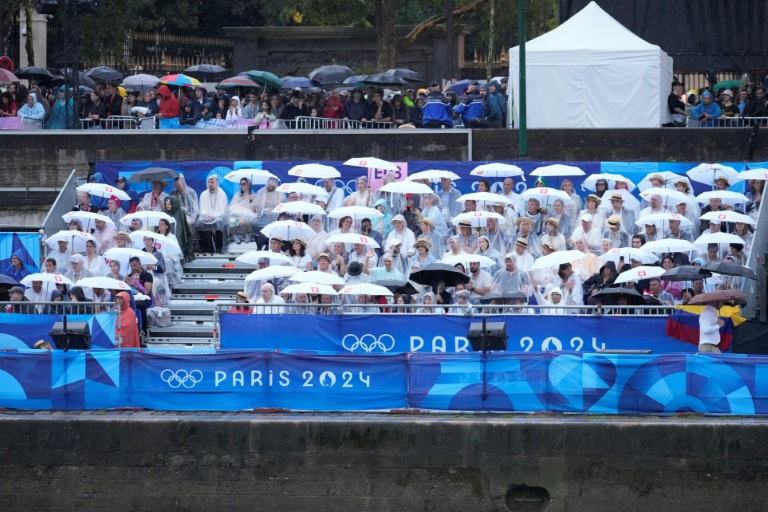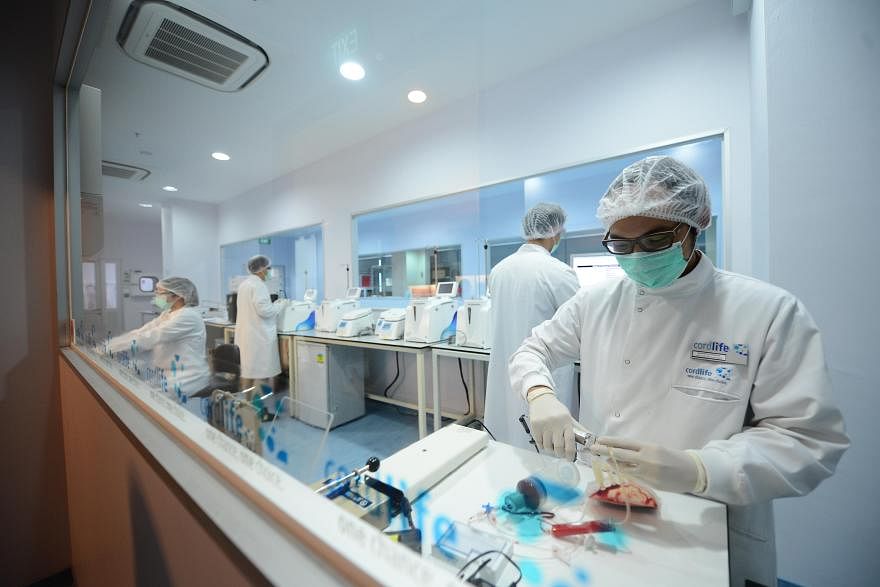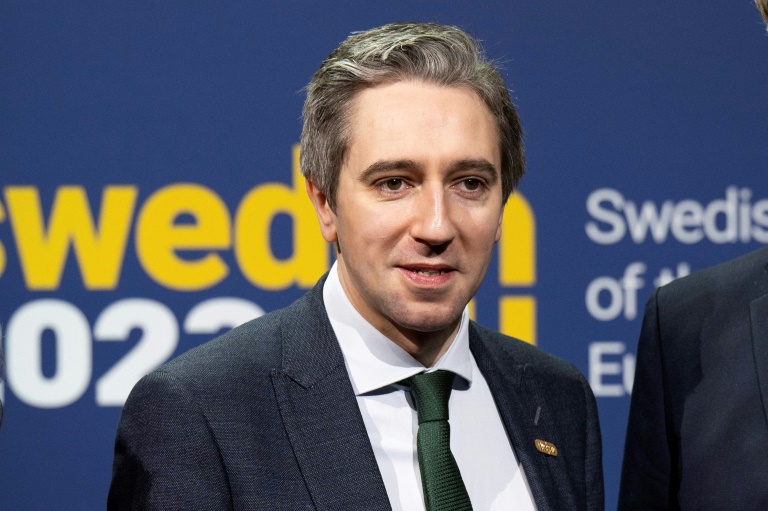On the streets of Moscow on Sunday, there was shock, grief and anger as Russia observed a day of national mourning after the deadliest attack in the country for two decades.
And as mourners laid flowers at tributes and lit candles in churches, there were mixed feelings over President Vladimir Putin’s suggestion of a Ukrainian connection to the attack which killed more than 130 concertgoers.
“I’m still in shock,” 35-year-old lawyer Ruslana Baranovskaya told AFP on a street running off the capital’s famed Red Square. “It’s a tragedy that crushed me mentally.”
Across the square — which was closed to the public — a flag was being flown at half-mast above the Kremlin.
At least 137 people, including three children, were killed when armed gunmen stormed the Crocus City Hall concert hall on Friday evening, before setting fire to the building.
The Islamic State (IS) group has claimed responsibility on multiple occasions and published a graphic video of the gunmen carrying out the attack.
Putin has not commented on IS’s claims, but did say four suspected gunmen who had been arrested were trying to flee to Ukraine.
And the FSB security service said the attackers had “contacts” on the other side of the border.
In Moscow, Russians were divided on the claims of a link to Ukraine — which has been denied both by Kyiv and by the United States.
“I’m not inclined to believe the version about Ukraine’s involvement,” said Vomik Aliyev, a 22-year-old medical student whose parents are Muslims and who often went to the concert hall.
Others, however, wondered if Kyiv was to blame.
“The war is going on in every corner of the country, not just on TV,” said Valery Chernov, a 52-year-old shopkeeper.
“It’s hard to say who’s behind all this: enemies of Russia for sure, enemies of Putin who want to destabilise the order and power, so that people start to doubt that they are protected by their government.”
Kremlin spokesman Dmitry Peskov said last week Russia was in “a state of war” with Ukraine — escalating the official language used to talk about the campaign.
“It started as a special military operation, but as soon as this bunch was formed there, when the collective West became a participant on Ukraine’s side, for us it already became a war,” he said.
In Washington, the White House insisted on Sunday that Kyiv didn’t have any role in the massacre.
“ISIS bears sole responsibility for this attack. There was no Ukrainian involvement whatsoever,” said White House National Security Council spokeswoman Adrienne Watson, using an acronym for the Islamic State group.
More than 5,000 people in Moscow and the surrounding region rushed to donate blood for the hospitalised after the attack, officials said Sunday.
Theatres, museums and cinemas closed across the country.
And more and more black billboards with the words “Crocus City Hall” or “We mourn” were replacing advertising hoardings on the sides of buildings and in metro stations.
Mourners poured to the concert hall in northwest Moscow, laying bouquets of red roses and carnations outside the venue.
The attack is the deadliest in Russia since the Beslan school siege in 2004.
In the sports hall of that town’s School No. 1 — 1,500 kilometres (930 miles) south of Moscow — now a memorial to the victims of the siege, mourners laid out candles in tribute, photos shared on social media showed.
The candles were formed to read: “Moscow. We mourn. Beslan.”
For many in the capital, the grief was still raw less than 48 hours after the attack.
“It’s hard for me to talk or even remember. Honestly speaking, I have bad dreams now,” said Moscow resident Alyona, 39.
Some had questions.
“The US and Britain warned their citizens,” Baranovskaya, the lawyer, said, referring to a March 7 security alert issued by several western embassies about an imminent attack in the Russian capital.
“The question is why didn’t our security services know?,” she asked.
Just three days before the attack, Russian President Vladimir Putin had publicly dismissed the Western warnings as a “provocation” designed to “intimidate and destabilise Russian society.”
There was also fear among many on the streets.
“I feel unsafe, that I could go somewhere and be killed. It’s scary,” said Baranovskaya.
Even as he doubted the Kremlin’s version of events, he said Russian society would come together after the attack.
“Such incidents unite us to overcome obstacles together.”
AFP
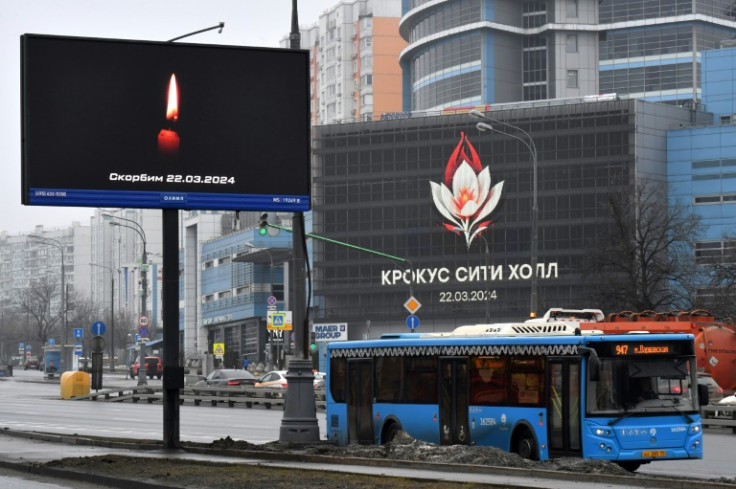
AFP

